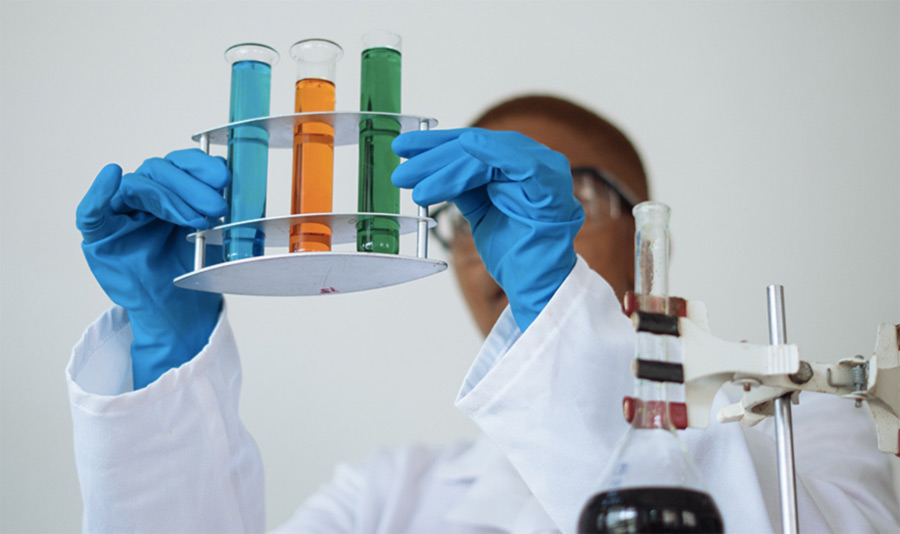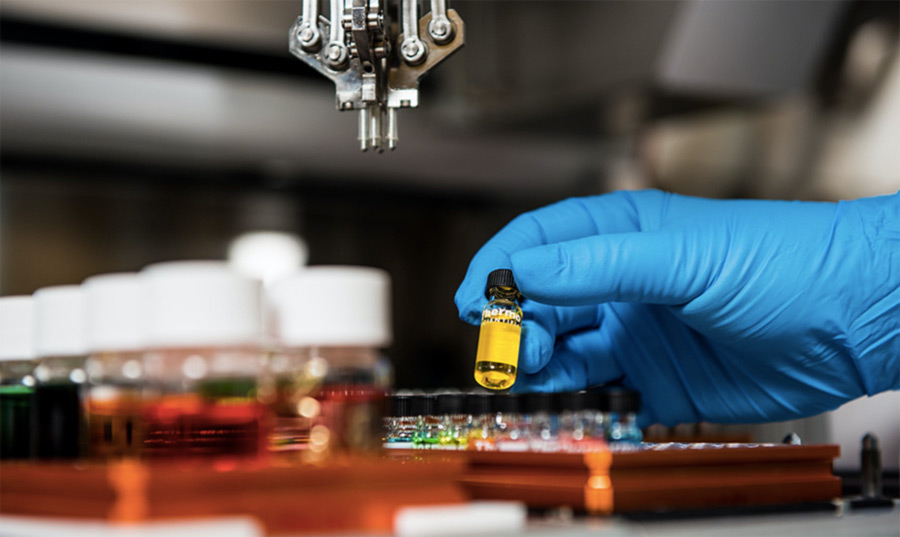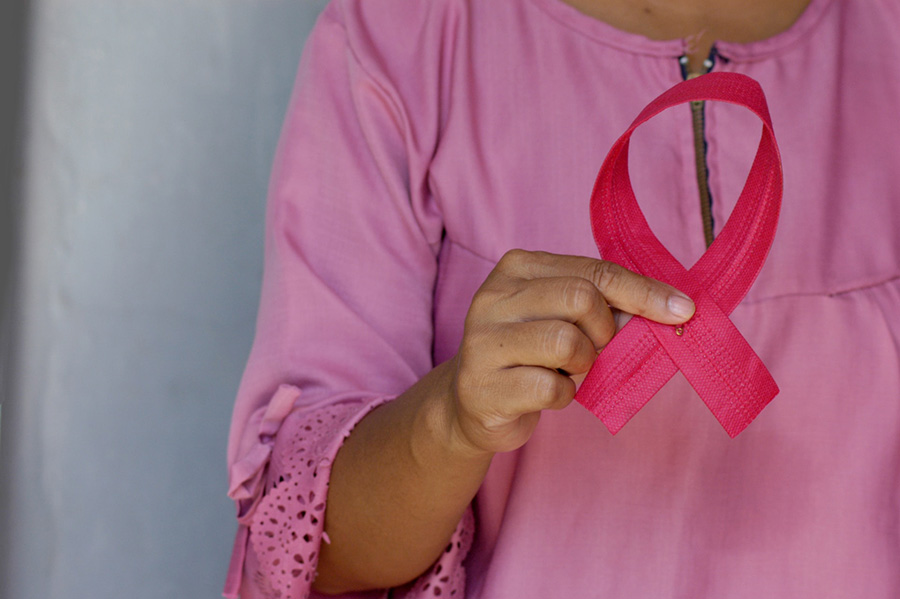Renal cell carcinoma (RCC) also called kidney cancer or renal cell cancer is a disease in which malignant cancer cells are found in the lining of tubules in the kidney. RCC accounts for more than 80% of all kidney cancers.

Renal cell carcinoma (RCC) also called kidney cancer or renal cell cancer is a disease in which malignant cancer cells are found in the lining of tubules in the kidney. RCC accounts for more than 80% of all kidney cancers.

Rheumatoid arthritis (RA) is an autoimmune disease where the immune system attacks body tissues. It primarily affects joints, but it can also cause inflammation of organs, such as the lungs, eyes, skin, and heart.

Multiple Sclerosis (MS) is a chronic, inflammatory, autoimmune disease of the central nervous system that disrupts communication between the brain and other parts of the body.

Parkinson’s disease (PD) is a progressive brain disorder that causes shaking and muscle stiffness, and slows movement.

Colorectal cancer or colon cancer is cancer of the large intestine (colon), which is the final part of the digestive tract. Both colon cancer and rectal cancer can be referred to as colorectal or bowel cancer, but there is a slight difference between the two based on where the cancer begins.

There are several ALS medications that are not yet approved in any country and currently under clinical trial. Read about the latest approved treatments.

Human epidermal growth factor receptor 2 (HER2) is a growth-promoting protein on the outside of all breast cells. Breast cancer cells with higher than normal levels of HER2 are called HER2-positive.

Triple-negative breast cancer (TNBC) is a cancer that tests negative for progesterone and estrogen receptors, and excess HER2 protein. This means that the growth of the cancer is not fuelled by the estrogen and progesterone hormones, or by the HER2 protein. So, TNBC does not respond to hormonal therapy medicines or medicines that target HER2 protein receptors.
